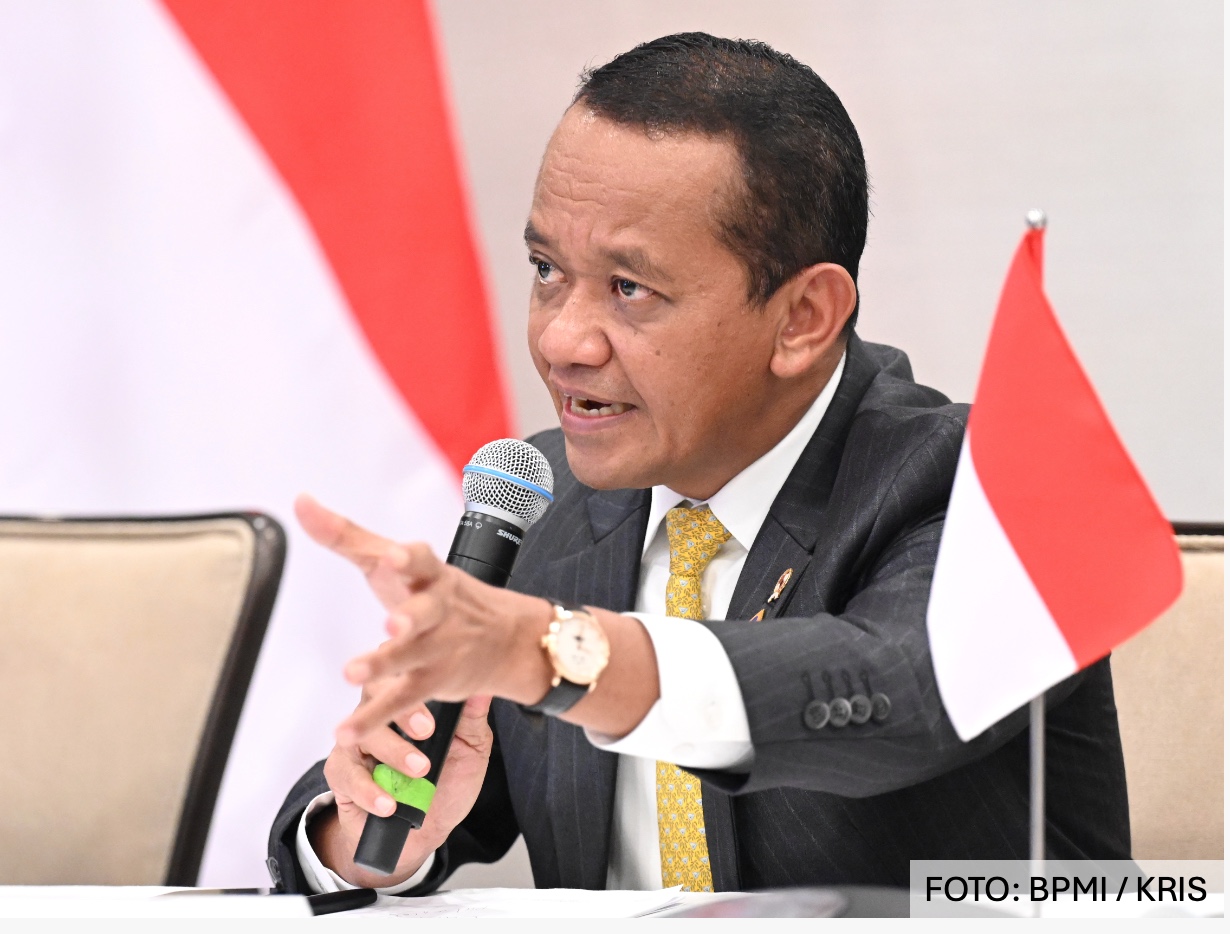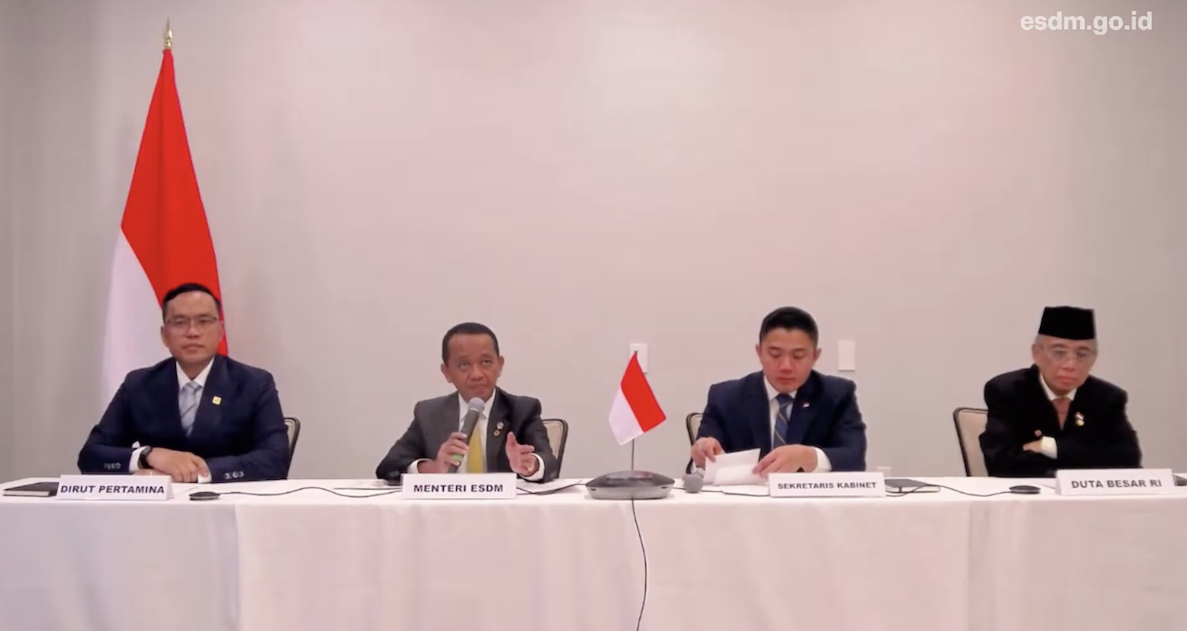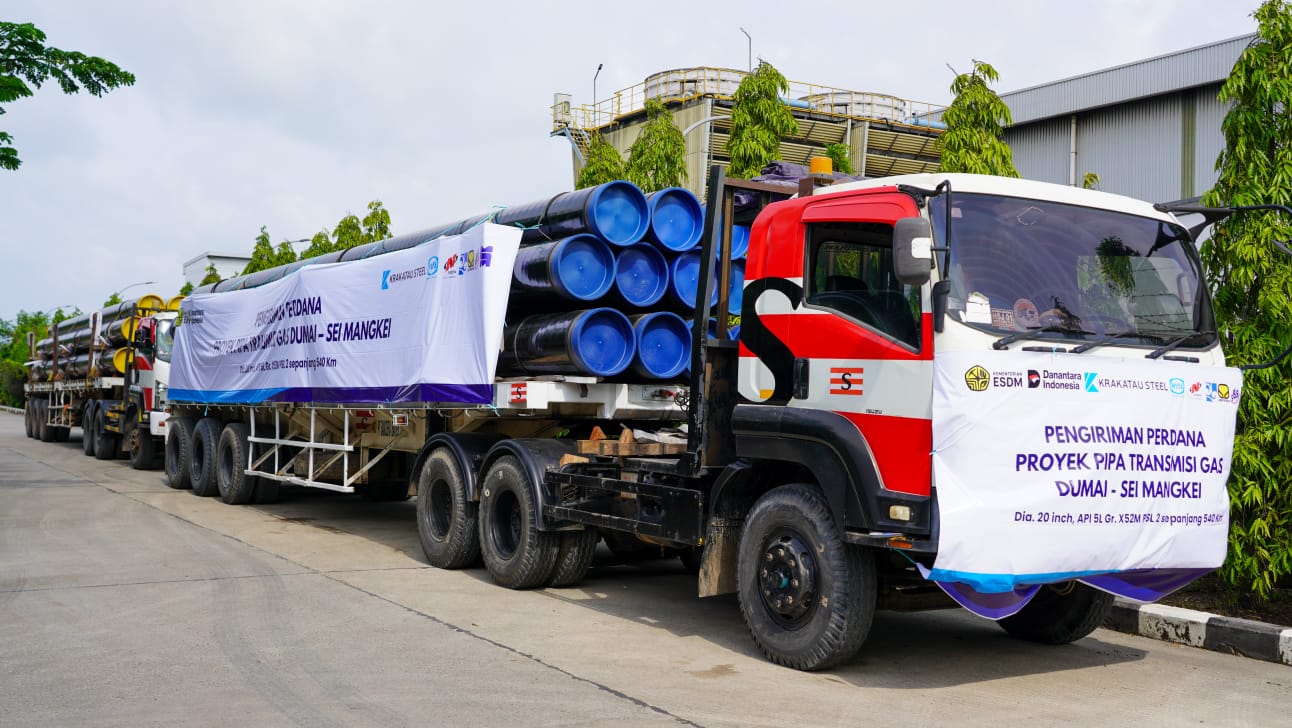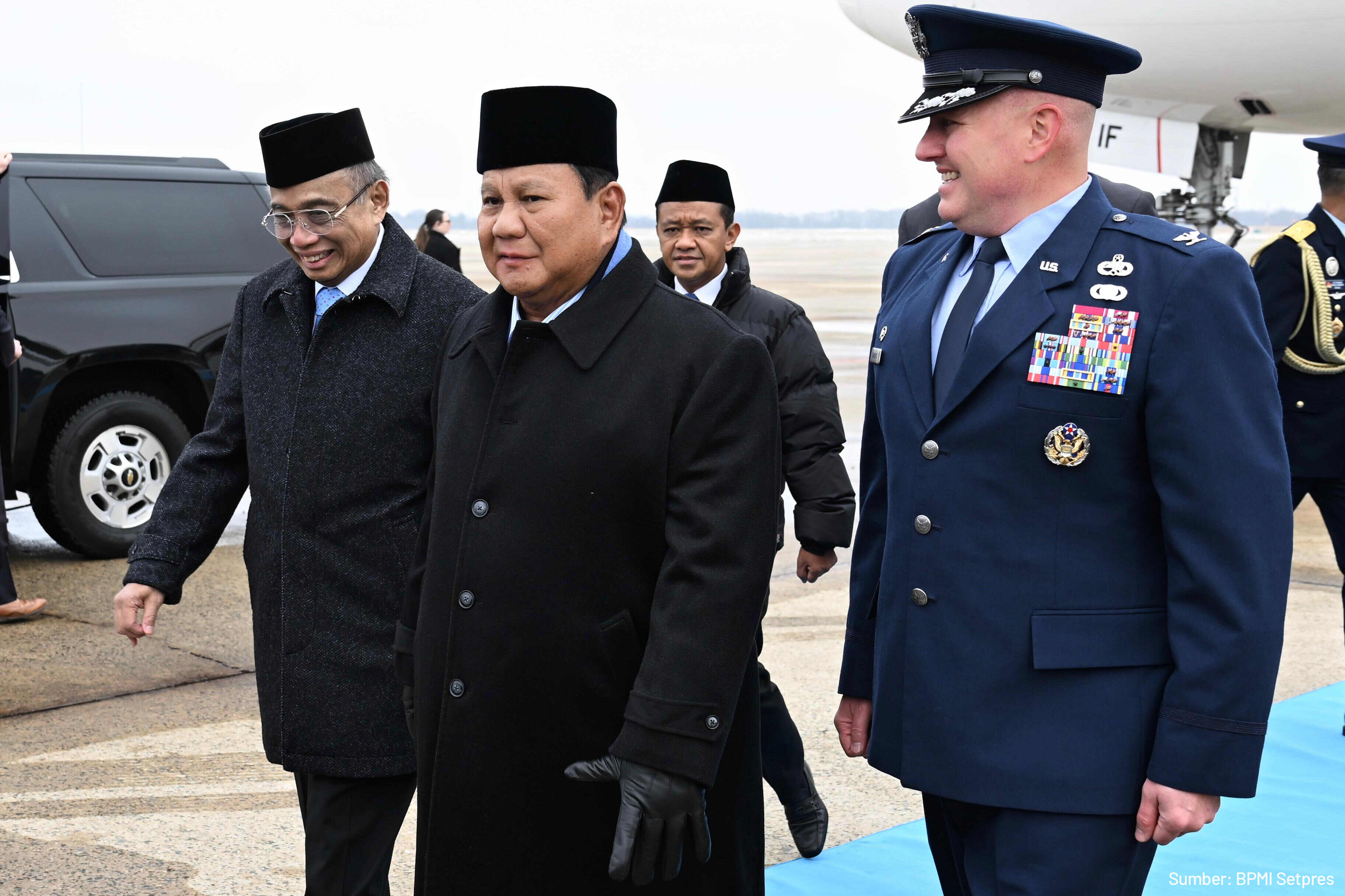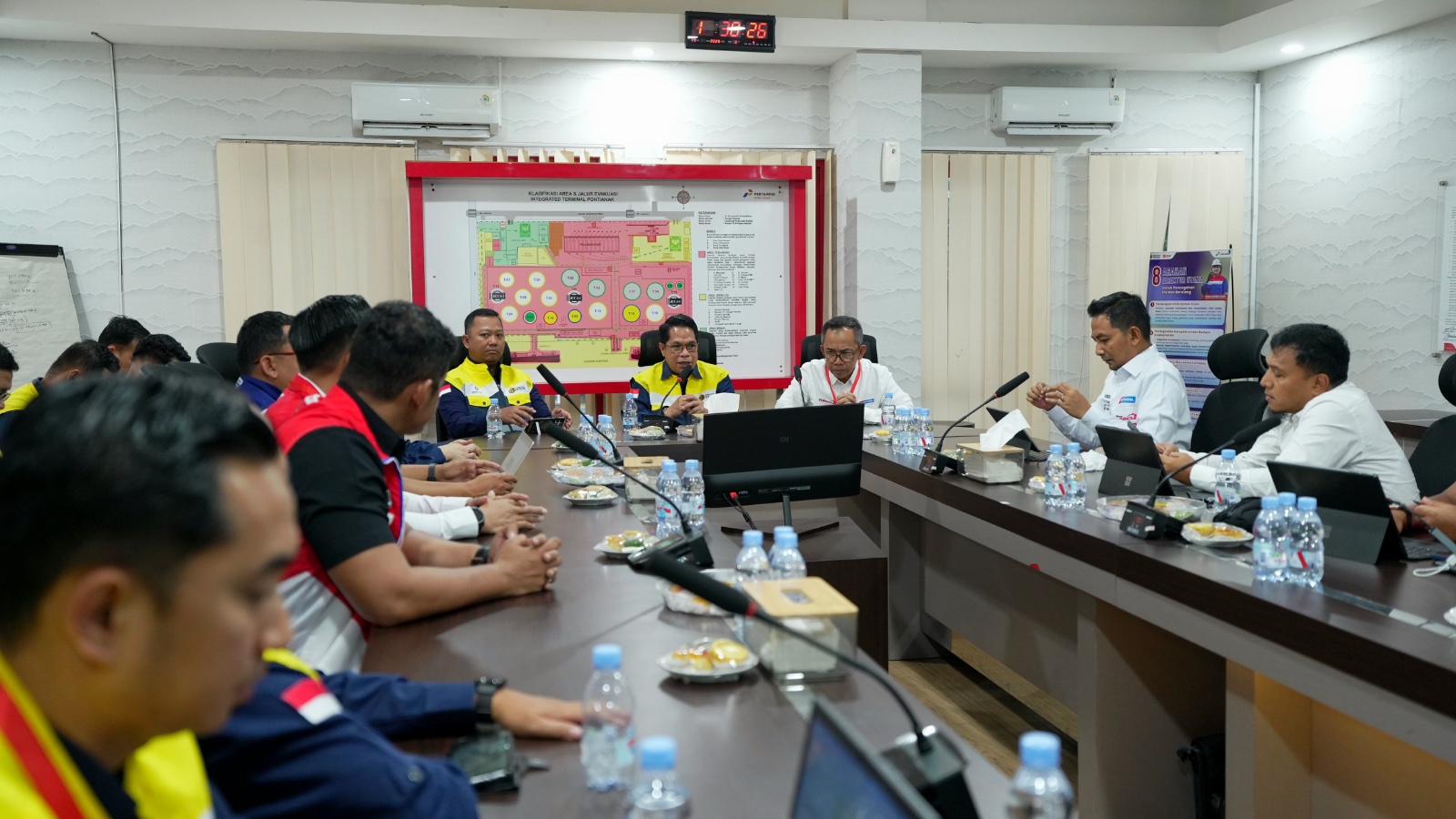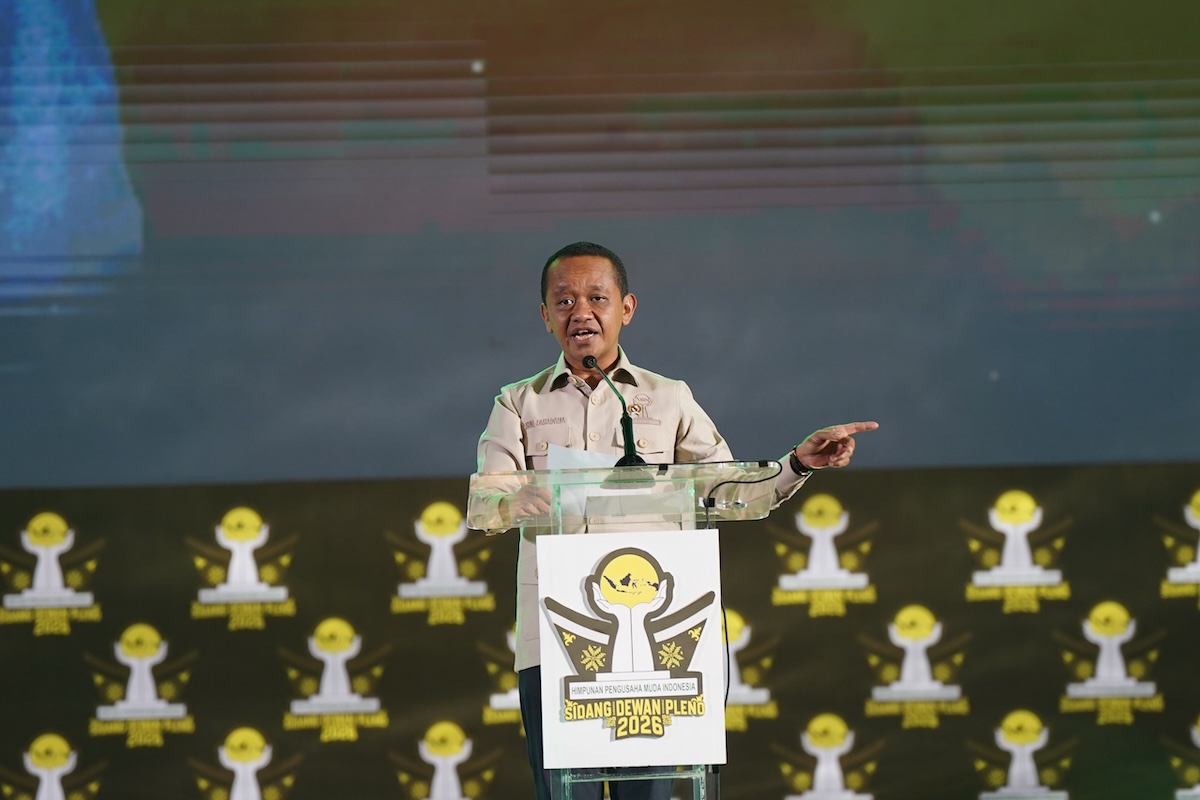Energy Ministry Disseminates Carbon Tax Policy in Electricity Subsector
MINISTRY OF ENERGY AND MINERAL RESOURCES
REPUBLIC OF INDONESIA
PRESS RELEASE
NUMBER: 424.Pers/04/SJI/2021
Date: 2 December 2021
Energy Ministry Disseminates Carbon Tax Policy in Electricity Subsector
To reduce Greenhouse Gas (GHG) emissions, the government is committed to making energy transition to Net Zero Emission by 2060 or sooner, Secretary of the Directorate General of Electricity of the Ministry of Energy and Mineral Resources (EMR), Munir Ahmad, has said in a webinar titled 'The Organization of Economic Value of Carbon in the Electricity Subsector' held on Thursday (2/12). The Ministry of EMR has also drawn up principles to reach Net Zero Emissions and a roadmap for energy transition, for example via carbon tax and carbon trading, Munir continued.
Munir went on to say that the Indonesian government had a strong commitment to reduce GHG emission level by 29% below Business as Usual (BaU) in 2030 by its own efforts, or up to 41% with international help. According to the updated Nationally Determined Contributions (NDCs), the energy sector has a target to reduce GHG emissions by 314 million tons of CO2e from BaU in 2030 by domestic efforts and 446 million tons of CO2e with international support.
According to Munir, emission trading is done in accordance with the mandate of Government Regulation (GR) Number 46 of 2017 on the Economic Instrument of the Environment. The provisions of the GR will become mandatory on 10 November 2024, seven years from the GR's effective date. To prepare for the mandatory phase, this year the Directorate General of Electricity begins trial of carbon trading for coal-fired power plants on a voluntary basis.
"The results of the trial will be announced in the Subroto Awards for the Field of Energy Efficiency Category C, which is Reduction and Trading of Carbon Emissions in Power Generation," said Munir.
On the same occasion, Director of Electricity Techniques and Environment of the Ministry of EMR, Wanhar, said the carbon trading trial for coal-fired power plants would have cap and trade and offset systems.
"Cap is the upper limit of GHG emissions set by the government, while trade refers to trading the difference between GHG emissions and the cap. Trading is conducted between (power plant) units whose emissions are above the cap and those whose emissions are below the cap. Offset is the use of carbon credits from mitigation action other than carbon trading to reduce GHG emissions," explained Wanhar.
Wanhar revealed there were 32 coal-fired power plants participating in the trial, with 14 power plants act as buyer and 18 power plants act as seller.
The trial is in line with Presidential Regulation Number 98 of 2021 on the Organization of the Economic Value of Carbon to Reach the Targets of Nationally Determined Contributions and Control of Greenhouse Gas Emissions in National Development, issued on 29 October 2021.
Sub-directorate Head of the Monitoring of Verification Reporting and the Register of Non-Land Based Sectoral Mitigation Action of the Ministry for the Environment and Forestry, Hari Wibowo, said his ministry focused on a transparency framework of Carbon Economic Values to control GHG emissions.
"The point is about transparency framework, which includes measurement, reporting, validation, and verification of the Economic Value of Carbon. The transparency framework will also have a register system. This is our effort to prove that mitigation actions to reduce emissions have indeed been carried out," explained Hari.
Carbon Tax for A Sustainable Economy
The webinar also discusses the implementation of carbon tax in accordance with Law Number 7 of 2021 on Harmonization of Tax Regulations. Senior Researcher from the Center for State Revenue Policies of the Ministry of Finance, Hadi Setiawan, said that revenues from carbon tax would be used to add development funds, invest in environmentally friendly technologies, or support low-income communities by providing social programs.
"Of course, carbon tax is not the only policy but instead is part of a comprehensive policy package to reduce emissions and as a stimulus for the transition to a more sustainable economy," said Hadi.
For the record, the Indonesian government issued Law on Harmonization of Tax Regulations, which regulates carbon tax. The government will apply the carbon tax in stages between 2021 and 2025, taking into account the development of carbon market, achievement of NDC targets, sector readiness, and economic conditions. Starting from 1 April 2022, a carbon tax (cap & tax) will be applied on a limited basis to coal-fired power plants at a rate of Rp30,000 per ton of CO2e. (IY)
Head of Bureau of Communication, Public Information Services, and Cooperation
Agung
Pribadi (08112213555)
Share This!

